Christopher Ketcham joins us to talk about the American West is slipping away in part to commercialization and lax federal protections.
Read more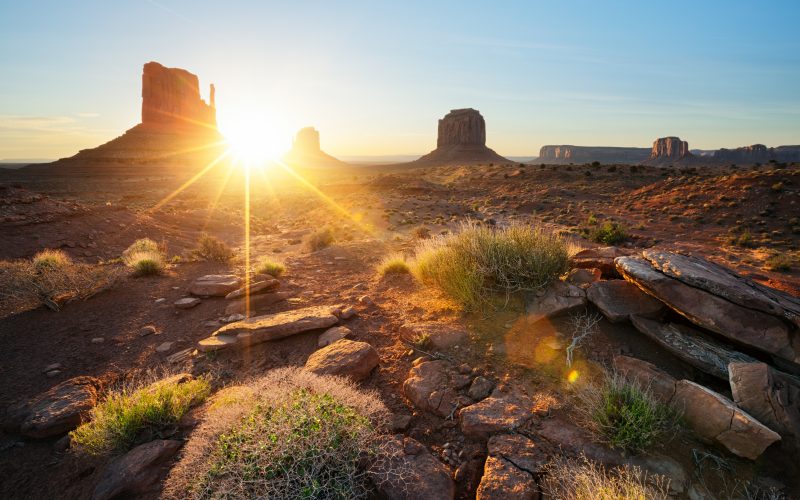


Christopher Ketcham joins us to talk about the American West is slipping away in part to commercialization and lax federal protections.
Read more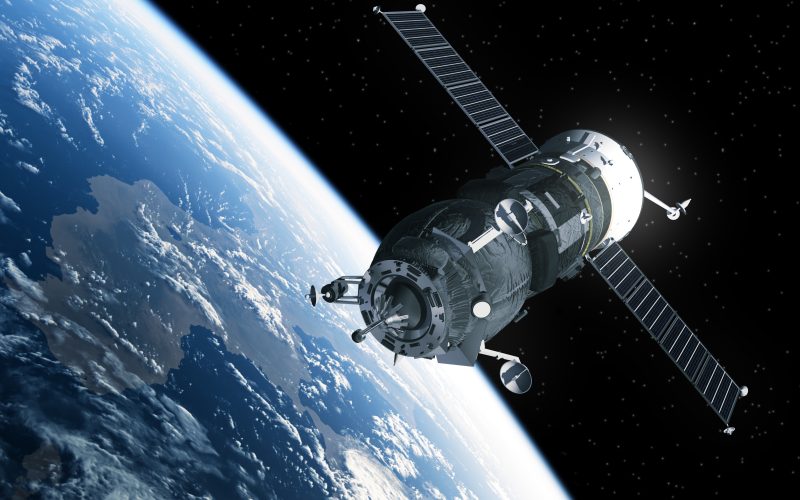
Sarah Parcak joins us to talk about how satellites are being used to scan for buried artifacts and more.
Read more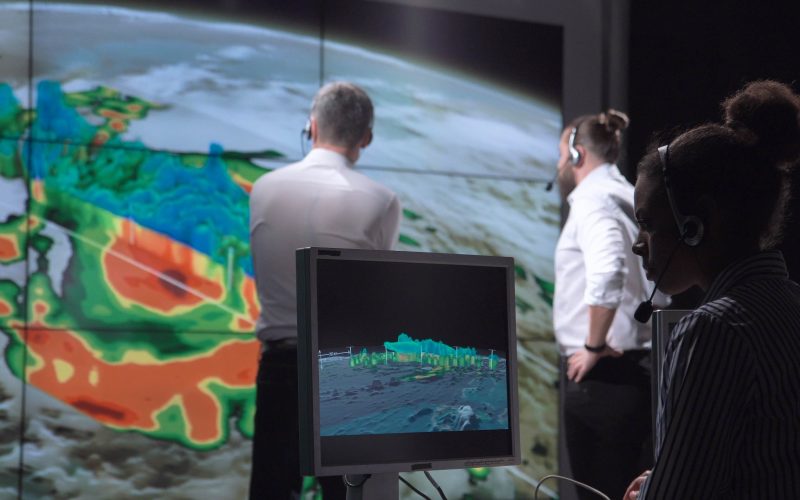
Andrew Blum joins us to talk about how satellites and super computers are vital to putting together a weather forecast.
Read more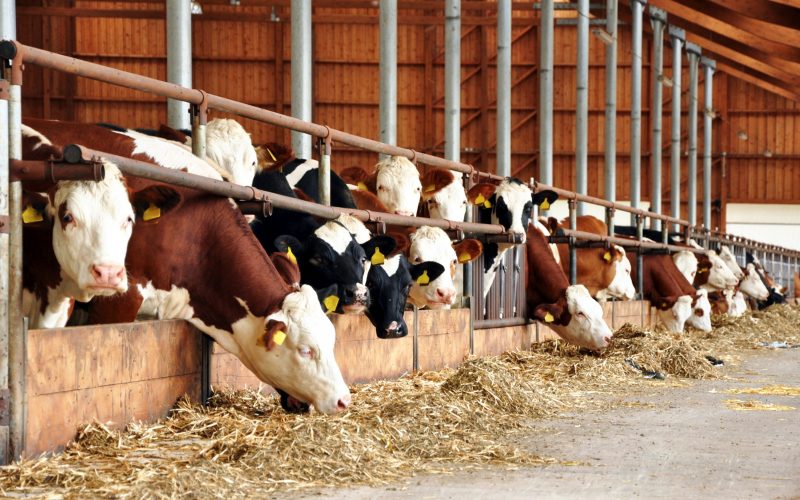
Notre Dame visiting professor Joshua Specht joins us to recount the complex history – filled with exploitation and innovation – of the beef we consume.
Read more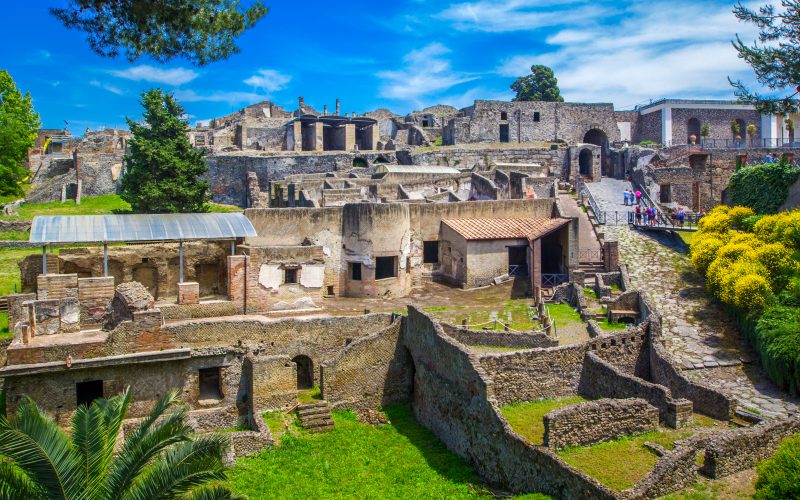
Monica L. Smith, professor of anthropology at UCLA, joins us to explain how the development of cities – from Mesopotamia to the present – is strongly linked to the prosperity of humankind as a whole.
Read more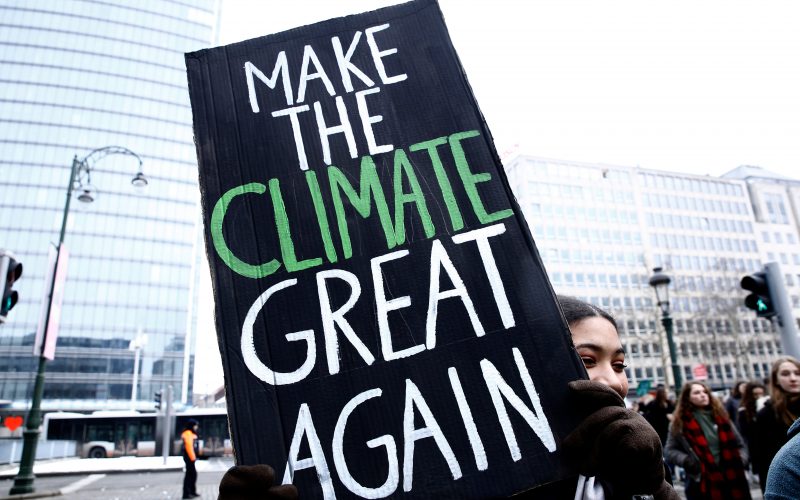
Time’s Justin Worland joins us to talk about how Fiji and other tiny countries are leading the charge to address climate change.
Read more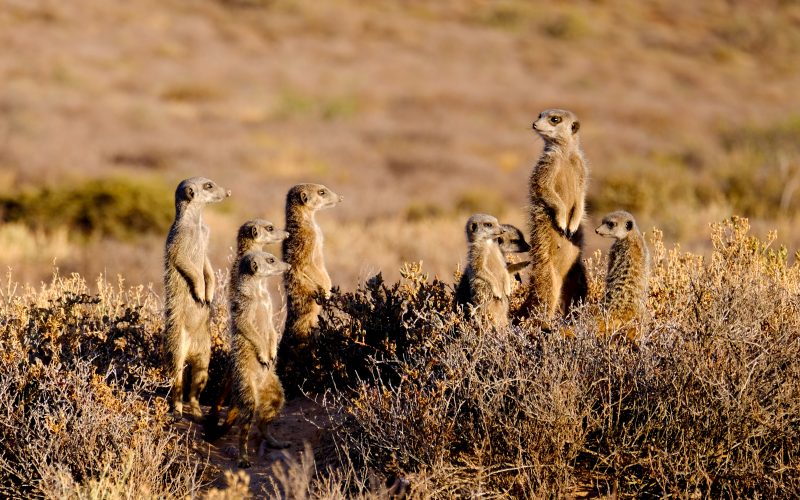
Emory University psychologist Frans de Waal joins us to talk about the natural evolution of animal intelligence research, which looks into how animals feel. His new book is called “Mama’s Last Hug: Animal Emotions and What They Tell Us about Ourselves.”
Read more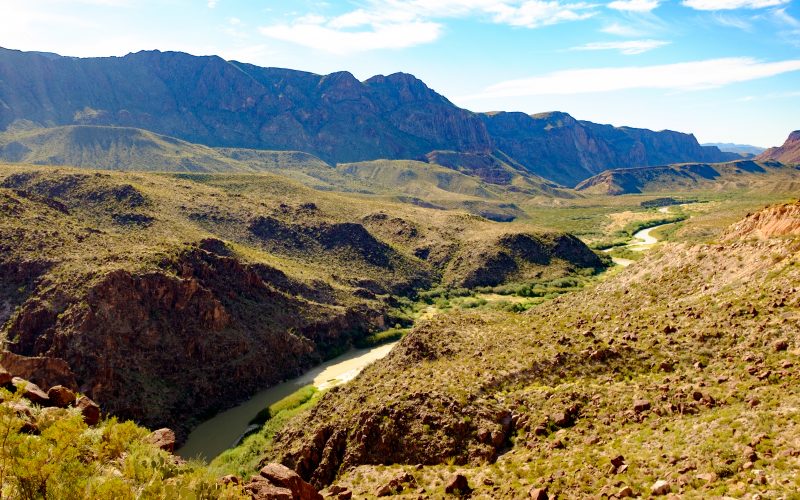
Filmmaker Ben Masters joins us to talk about documenting the wilderness from El Paso to the Gulf of Mexico that could one day be cut in two by the border wall.
Read more
Architect and urban planner Peter Calthorpe joins us to talk about how urban planners are thinking through how to handle large populations living in close quarters.
Read more
Jacky Colliss Harvey joins us to talk about how the furry, feathered and scaly friends we’ve shared our homes with have shaped us for thousands of years. Her new book is called “The Animal’s Companion: People & Their Pets, a 26,000-Year Love Story.”
Read more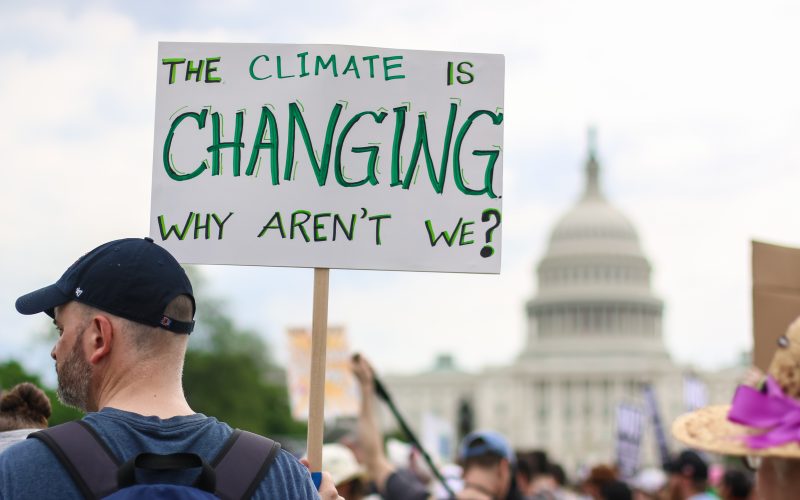
Roger Sedjo joins us to talk about global warming as two parallel tracks: One focused on slowing global warming and another planning for its inevitability. His new book is called “Surviving Global Warming: Why Eliminating Greenhouse Gases Isn’t Enough.”
Read more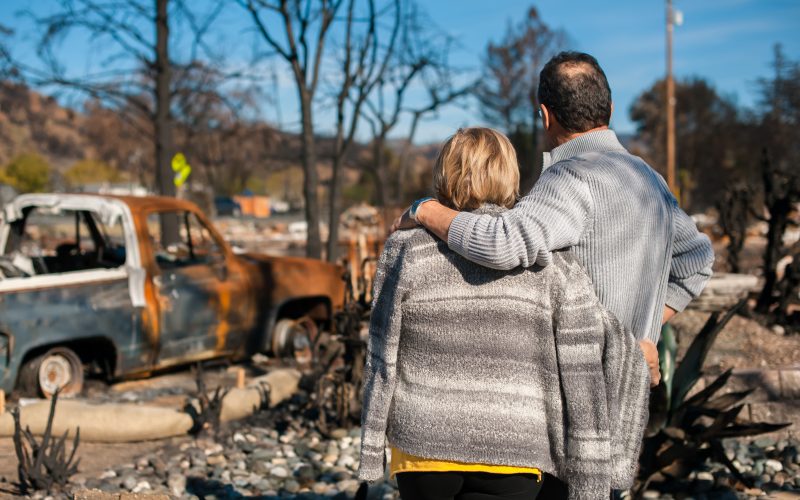
Seismologist Lucy Jones joins us to talk about the long-term psychological toll natural disasters have on the people who experience them. Her book “The Big Ones: How Natural Disasters Have Shaped Us (And What We Can Do About Them)” has just been released in paperback.
Read more